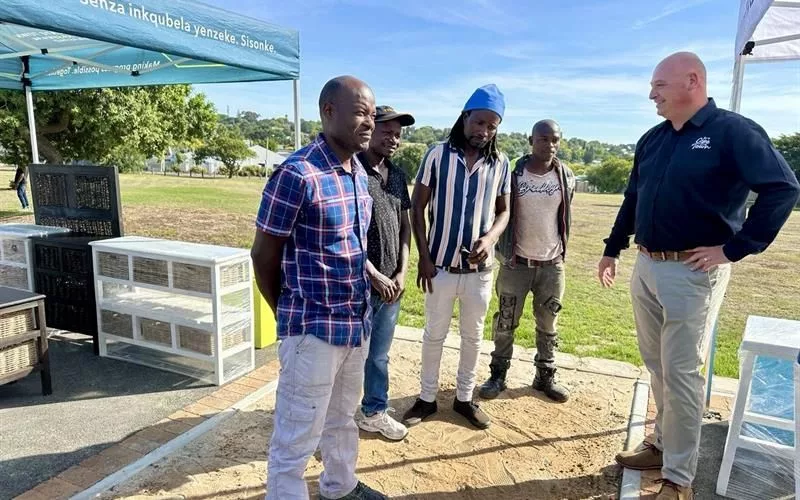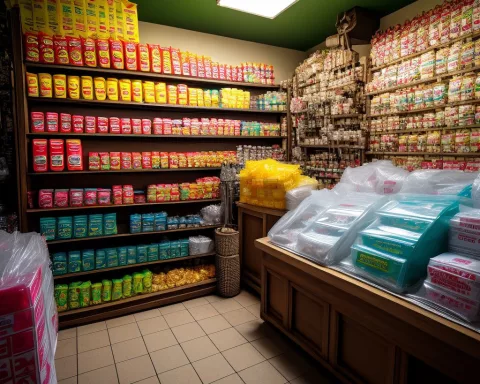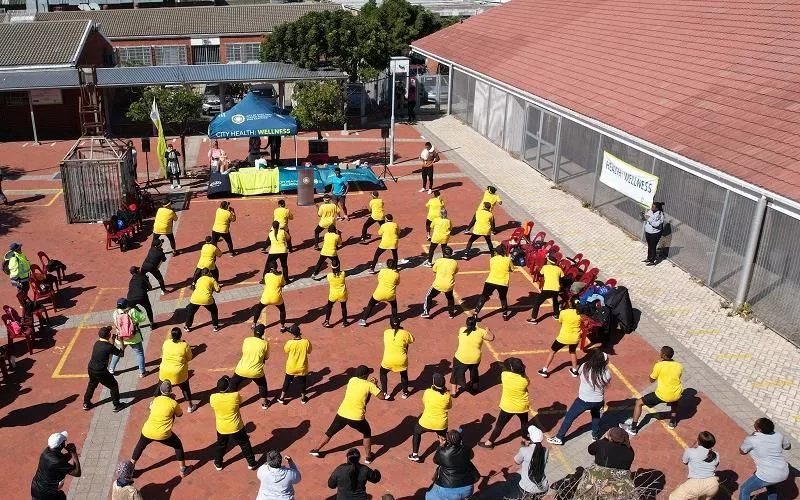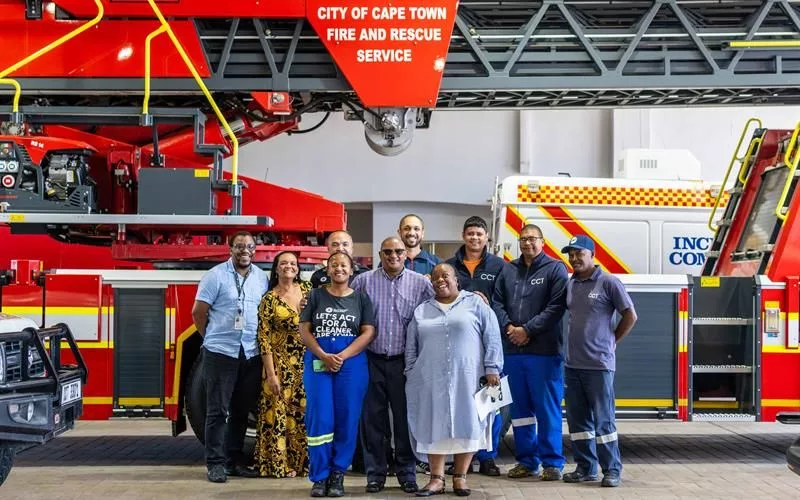Cape Town is investing R118.5 million to enhance its informal economy by transforming trading sites, providing trader training, and exploring new markets. The plan is to create a dignified and accessible business environment that fosters entrepreneurship and economic activity. Alderman James Vos is leading the initiatives towards a more dynamic, inclusive, and resilient economy. The city has already executed infrastructure enhancements and introduced designated trading bays, with plans to construct more in the future.
What is Cape Town’s Strategic Investment in the Informal Economy?
Cape Town has invested R118.5 million in infrastructure enhancement, trader training, and renovation of trading sites to boost the informal economy. Trading sites in Athlone, Happy Valley, Seaforth, and Mitchells Plain will be transformed, and new markets in places like Masiphumelele, Durbanville, and Elsies River will be explored. The city’s plan is to create dignified, accessible, and business-friendly trading sites, fostering entrepreneurship and economic activity. Alderman James Vos, Mayoral Committee Member for Economic Growth, is leading these initiatives towards a more dynamic, inclusive, and resilient economy.
Cape Town is a city famed for its energetic culture and picturesque landscapes. Recently, the city has taken a laudable initiative to fuel the growth of its local economy and transform the landscape of its informal trading. The city has dedicated an impressive sum of R118.5 million for the current financial year, focusing on infrastructure enhancement, trader training, and renovation of current trading sites.
Trading Site Upgrades and Expansion
The city’s investment is set to boost various trading sites in Athlone, Happy Valley, Seaforth in Simonstown, and Mitchells Plain. These venues will undergo a complete transformation, creating a business-friendly environment for traders. Beyond these areas, the city is also looking into expanding into new markets in places like Masiphumelele, Durbanville, and Elsies River.
These initiatives didn’t come out of thin air. Extensive discussions with traders, community members, and relevant organizations, have helped to shape the city’s plan to create trading sites that are dignified, accessible, and business-friendly. The feedback and perspective obtained from these interactions played a significant role in shaping the city’s mission.
Execution Phase and Infrastructure Improvements
Two projects, Eversdal and Kuils River, have already reached the execution stage. These sites will experience substantial infrastructure enhancements. The upgrades include asphalt surfacing, installation of pavers, and essential amenities like gazebos and retaining walls. These improvements, particularly the asphalt surfacing, are projected to mitigate the operational difficulties traders encounter during the rainy season, thus enabling them to trade more effectively.
The execution phase will also witness the introduction of 31 designated trading bays, a significant upgrade for the traders and their customers’ day-to-day operations. This step is expected to revolutionize Cape Town’s informal economy by providing traders with a well-organized setup to conduct their business and offering customers a more streamlined shopping experience.
In response to the concerns about a shortage of trading bays, the city is planning to construct more through council-approved trading plans. This proactive measure aims to foster entrepreneurship and stimulate economic activity. It is reflective of the city’s larger commitment to economic inclusivity and growth.
Endorsement and Future Growth
Alderman James Vos, the Mayoral Committee Member for Economic Growth, is leading these initiatives. He emphasized that these projects are part of an all-encompassing strategy to upgrade the informal trading landscape. The objective is to empower the traders, create a more accessible formal economy, and enable business owners to expand their businesses more efficiently.
Vos is unwavering in his goal to enhance the trading conditions across the metro, considering it a critical component of his long-term plan to boost Cape Town’s economy. His vision is of a city that is not only economically dynamic but also inclusive, resilient, and prepared to face future challenges.
With Cape Town’s relentless commitment to economic inclusivity and its steadfast support for traders, the city is ready for a significant economic leap. The transformation of the informal economy offers a beacon of hope for many struggling traders. It also speaks volumes about the city’s dedication to promoting economic growth. These strategic and inclusive initiatives are setting the stage for a robust and prosperous future for Cape Town’s economy.
What is the main objective of Cape Town’s Strategic Investment in the Informal Economy?
The main objective of Cape Town’s Strategic Investment in the Informal Economy is to create a dignified and accessible business environment that fosters entrepreneurship and economic activity. The city plans to achieve this by transforming trading sites, providing trader training, exploring new markets, and executing infrastructure enhancements.
Who is leading the initiatives towards a more dynamic, inclusive, and resilient economy in Cape Town?
Alderman James Vos, the Mayoral Committee Member for Economic Growth, is leading the initiatives towards a more dynamic, inclusive, and resilient economy in Cape Town.
Which trading sites in Cape Town are set to undergo transformation?
Trading sites in Athlone, Happy Valley, Seaforth in Simonstown, and Mitchells Plain are set to undergo transformation.
What projects have already reached the execution stage in Cape Town’s Strategic Investment in the Informal Economy?
Two projects, Eversdal and Kuils River, have already reached the execution stage. These sites will experience substantial infrastructure enhancements.
How many designated trading bays will be introduced in Cape Town?
31 designated trading bays will be introduced in Cape Town to revolutionize the informal economy by providing traders with a well-organized setup to conduct their business and offering customers a more streamlined shopping experience.
What is Alderman James Vos’s vision for Cape Town’s economy?
Alderman James Vos’s vision is of a city that is not only economically dynamic but also inclusive, resilient, and prepared to face future challenges. He is unwavering in his goal to enhance the trading conditions across the metro, considering it a critical component of his long-term plan to boost Cape Town’s economy.












